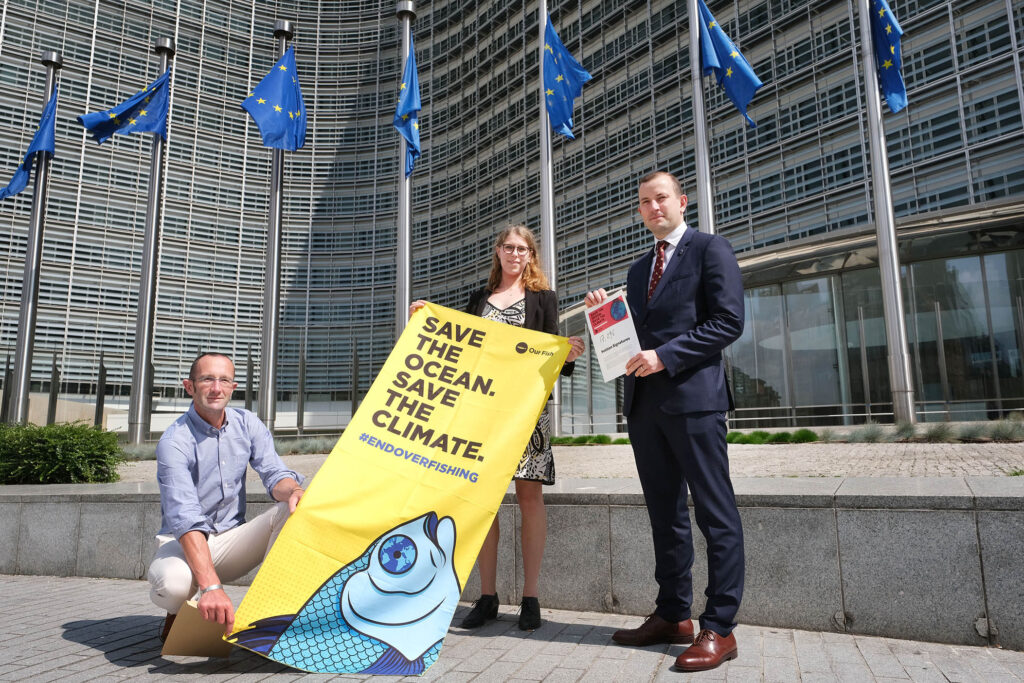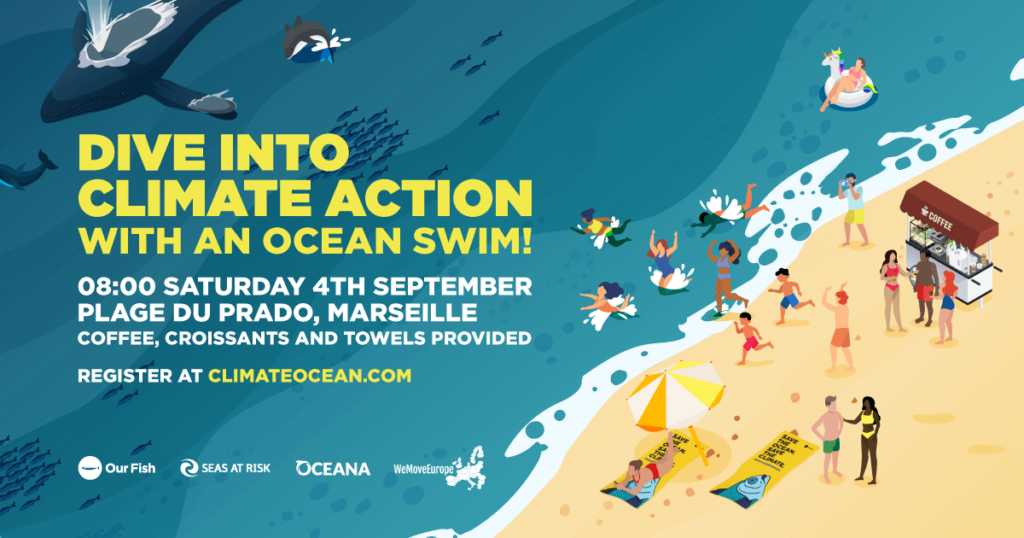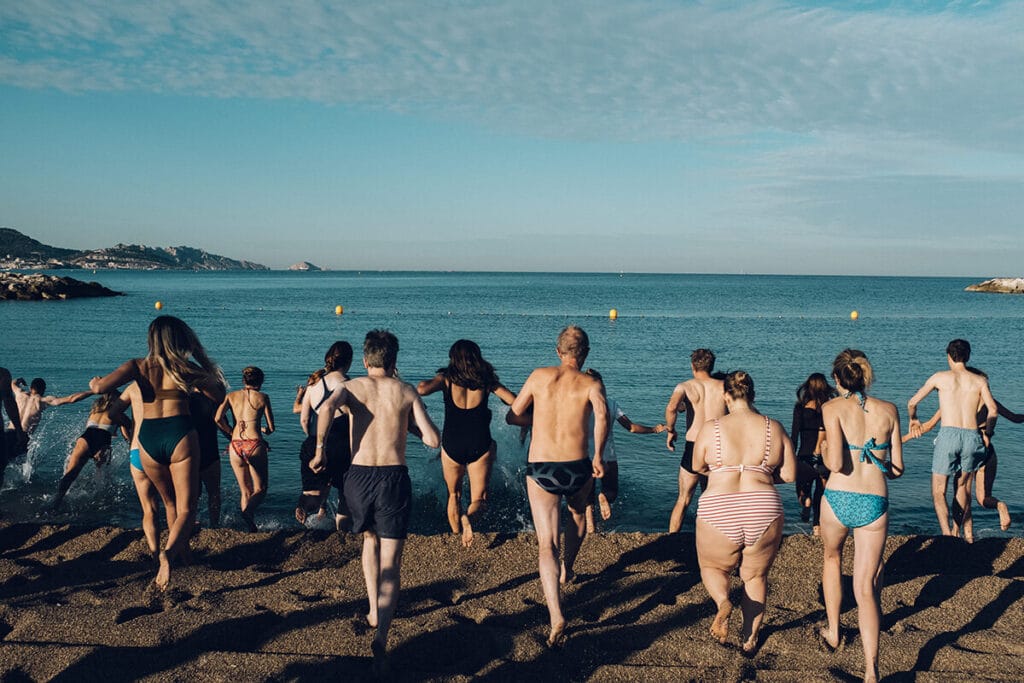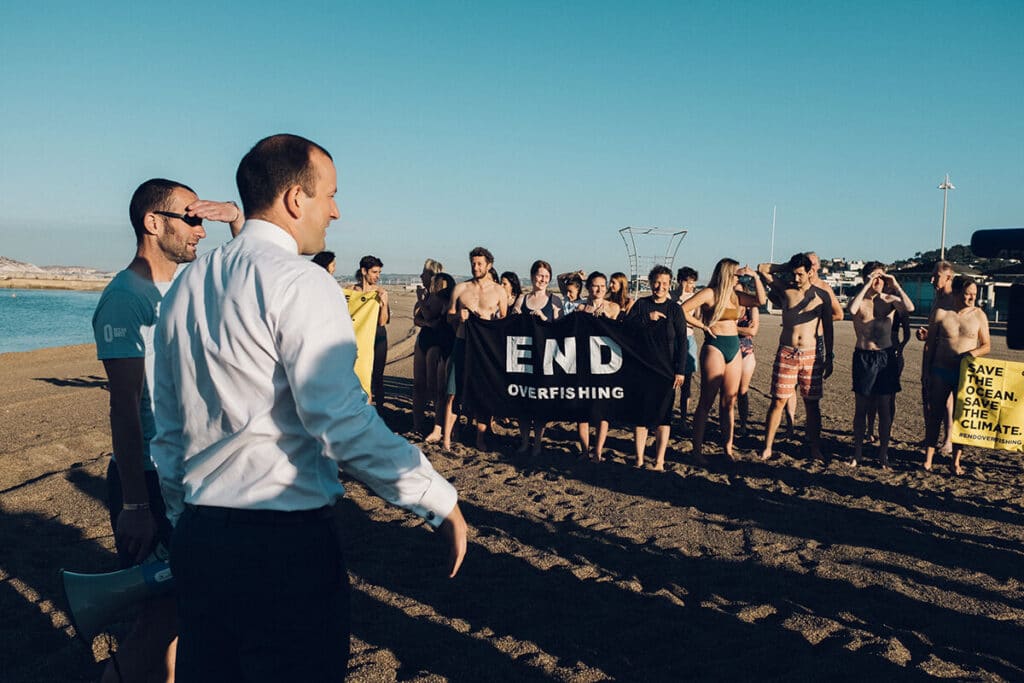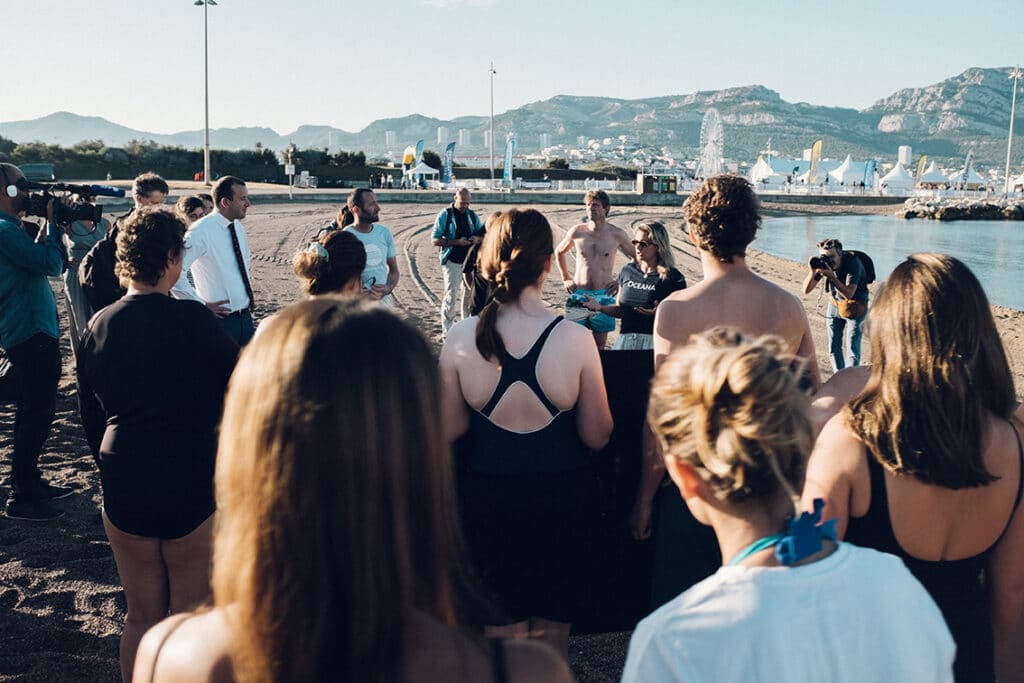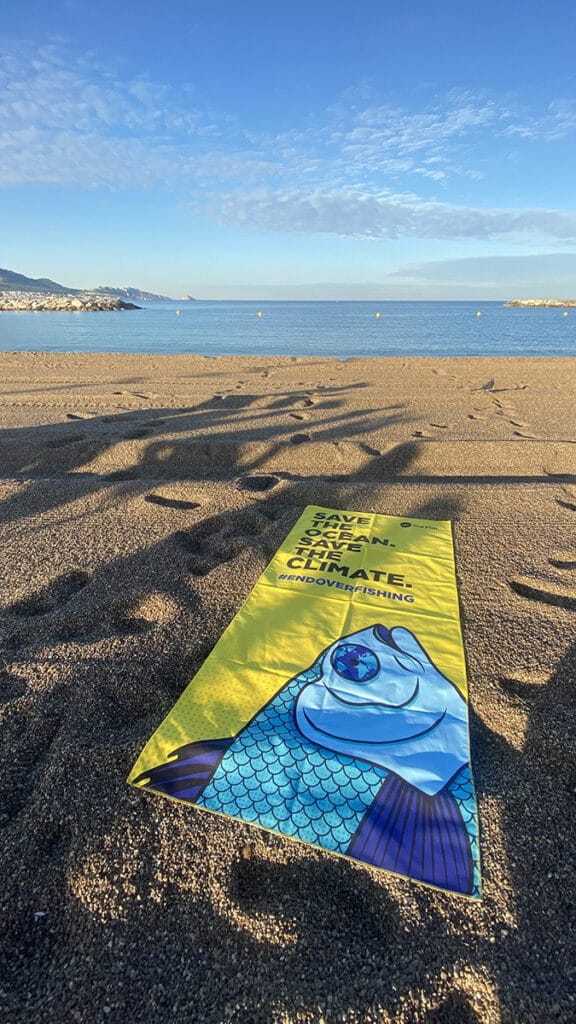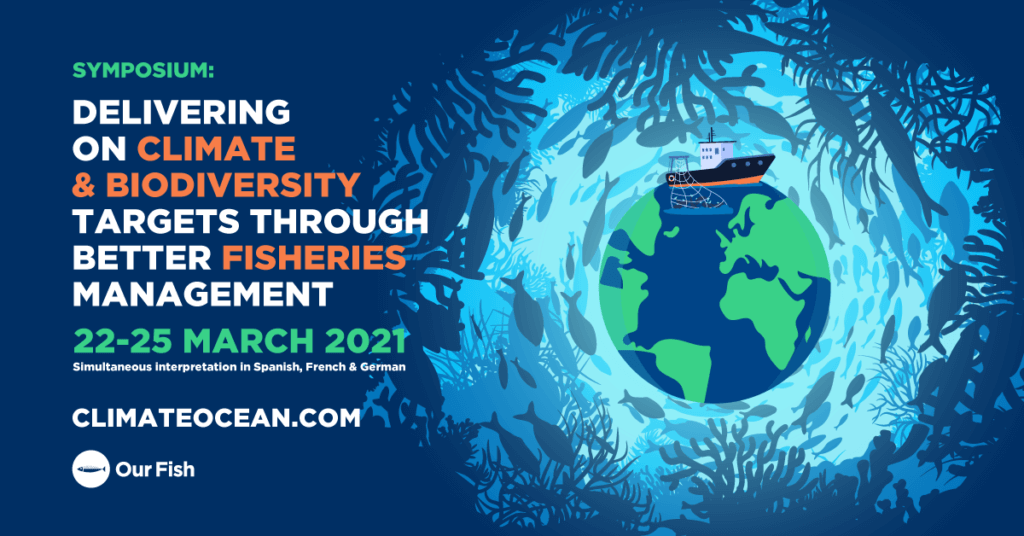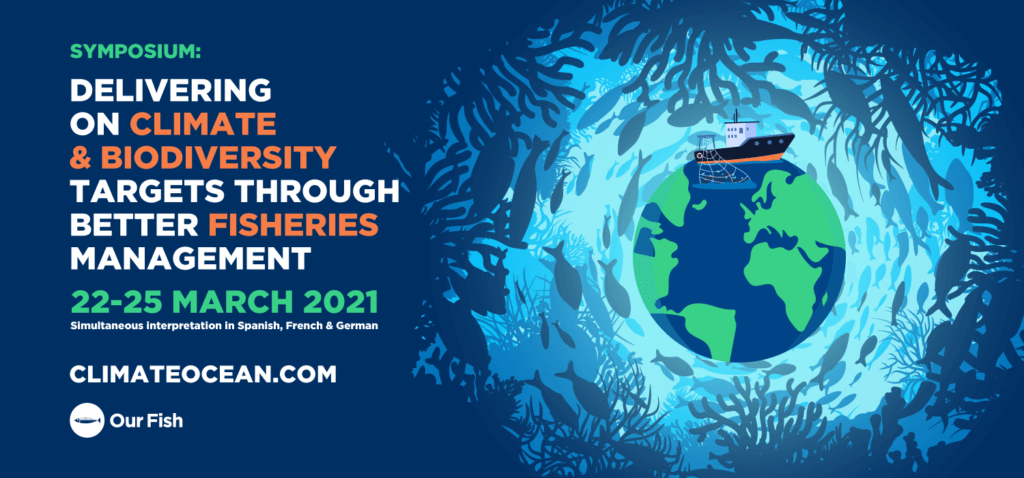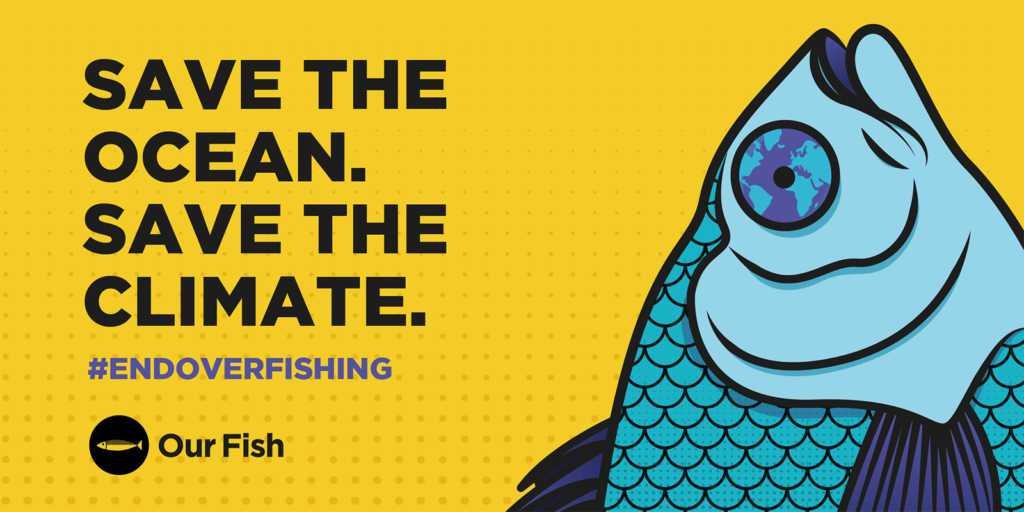
On July 19th the Our Fish campaign presented a petition signed by 17,296 people to the European Commissioner for the Environment, Oceans and Fisheries, Virginijus Sinkevičius, calling on the EU to take urgent action to prevent and reverse the climate and nature crisis by ending destructive overfishing, and to support a just transition to ecosystem based fisheries management.
In September 2021 the EU Commission wrote a letter back to Our Fish to be shared with the petition signers.
Click here to read the Commission’s letter.
Below is our analysis of the letter, the good the bad – and the absent:
The Common Fisheries Policy (CFP)
In the letter, the European Commission highlights that the full implementation of the Common Fisheries Policy (CFP) would create sustainability in fisheries. However, the CFP, which all EU member states signed up to in a promise to end Europe’s addiction to overfishing and to end the wasteful practice of throwing dead or dying fish back into the sea, has never been fully implemented. In fact, the EU missed both the CFP’s original deadline of 2015, and its backup deadline of 2020, for setting fishing limits within scientific advice. Across European waters, many species are fished to breaking point and ecosystems are disrupted. This overfishing continues, all with the consent of fisheries ministers from EU countries, who routinely set fishing limits beyond scientific advice, ignoring the guidance laid out in the CFP.
In addition, the CFP does not even mention climate change, making it insufficient for delivering the solutions we need to both prevent the ocean from worsening climate change from destructive and polluting fishing, and for protecting the ocean from the impacts of climate change and restoring the ocean’s health so that it can continue to protect us against further climate breakdown.
Unless implemented in full, and complemented by an Action Plan* that limits the climate and ecosystem impacts of fishing, the rules and agreements set out by the EU the CFP will be too little, too late to protect and restore the ocean’s health. *As part of the EU Biodiversity Strategy for 2030, the EU committed to an Action Plan to conserve fisheries resources and protect marine ecosystems , to limit the most harmful fishing impacts on marine biodiversity and the seabed.
Profitability
A familiar argument pops up in the Commission’s letter that Our Fish often sees being made by politicians; that they have to balance environmental considerations with industry profitability. Of course it is important to consider livelihoods and history shows us that destruction favours a rich few in the short term, but profitability actually goes up when fish populations are healthy. The best way to secure the profits and future of the fishing industry is to secure the health of the ocean and fish populations.
Fishing gear and fleets
Our Fish welcomes the Commission’s commitment to limit the most harmful fishing gear, however restoring ocean health requires more than just limiting some harmful fishing gear. We need a plan to transition the whole EU fishing fleet to a low-carbon, low-impact fishing fleet. Where the fishers who benefit the environment and community are rewarded with access to the resource, and given a level playing field by removing all fuel tax subsidies.
Our Fish’s campaign to end overfishing and achieve sustainable fishing in EU waters continues: in the coming months, expect more exciting opportunities to achieve real change for the benefit of our ocean’s future. If you’d like to campaign with us, please sign up at https://save.our.fish/.
